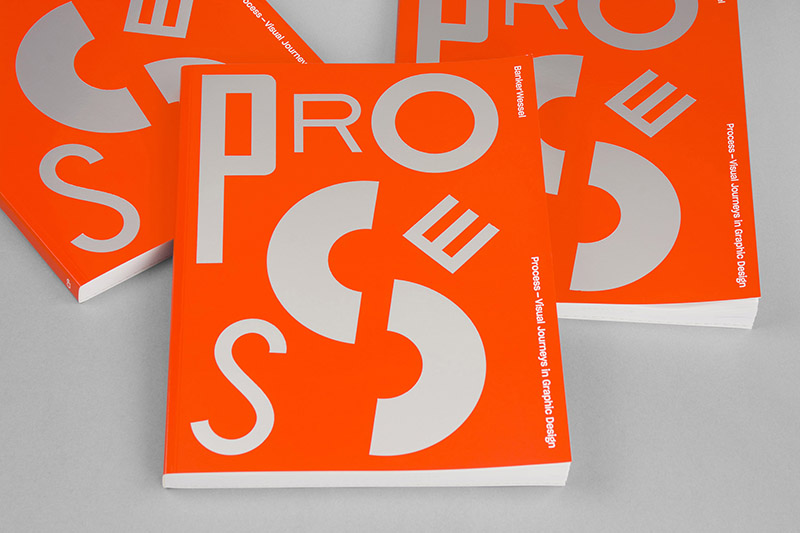
Jonas Banker, Ida Wessel|Books
September 3, 2019
Process

Editor’s Note: At The Design of Business | The Business of Design conference last year we met Swedish designer Ida Wessel, whose work so impressed Jessica that she taked about it on The Observatory podcast. Ida’s studio, BankerWessel, has recently authored a book about the process of graphic design, specifically creating identities, simply titled Process (Counter-Print, 2019). She was generous enough to provide us with the following excerpt.
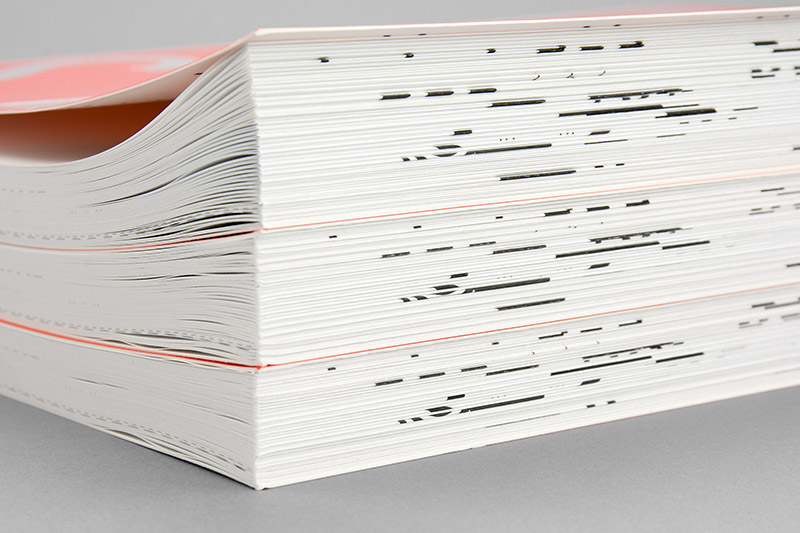
Graphic design is everywhere, sometimes unnoticed, sometimes vividly discussed. Our profession has changed character in a revolutionary way over recent decades. Digitisation has enabled a faster pace, and tools have emerged that can help pretty much anyone to present decent results. But this rapid change has also created a gap between generations. And now AI — artificial intelligence — is knocking on the door.
What is our role, as designers, in this new age? Are we consultants? Or is there a higher level of craftsmanship worth reaching for? Is it worth it to take a detour to find something new? Do we even have the time? And further, in the age of AI, what can humans bring to the table that robots can’t? We do not have the answers, but would like to raise these questions and open up a discussion.
This book sprang out of an idea to explore the themes above. To unveil the complexity of our profession and to contribute to filling in the blanks in a process that is often reduced to a simple set of sequential steps. The purpose is to reveal how physical sketching intertwines with critical thinking in the creative process, well beyond theoretical design jargon.
There are pure functional goals that have to be reached when you create marks and logos. Those goals are “neutral” and may be easier to reach. But the rest? The spark that distinguishes the work from the rest of the pack. How do you reach originality while still harbouring the theme? To find something new you have to master a certain amount of uncertainty. That is when you get out in that boat, rowing without seeing the shore, hoping you will reach something you have never seen before.
Laying out our own process, it was apparent how critical thinking is constantly present in that process. What is opted out, or kept and motivated, is what moves it forward. The sketching is intuitive in comparison. The magic happens in the interaction between hand and mind — involving association, testing new ideas and graphic approaches, critical thinking, and sometimes just leaving the track altogether — in search of a totally new approach or energy. In the end, the critical voice gets quiet. Questions are answered, and the design is refined.
The traces left behind can be discussed and reviewed, reaching for even better results. Knowing more about how final results are achieved allows for knowledge sharing and facilitates learning, as it can be based on earlier experiences. It also helps ensure that both designer and client do not end up in less desirable discussions of “just taste”.
In the book we invite you to look at twelve of our projects that visualise the creative processes of marks and logos in the most authentic way possible. The sketches are combined with fragments of the actual thought process and are presented in the order they were produced. What we unveil has not been censored, and it shows all the impulses, divergence, subjectivity, movements, blind alleys and imperfections present in the creative work. The work of humans.
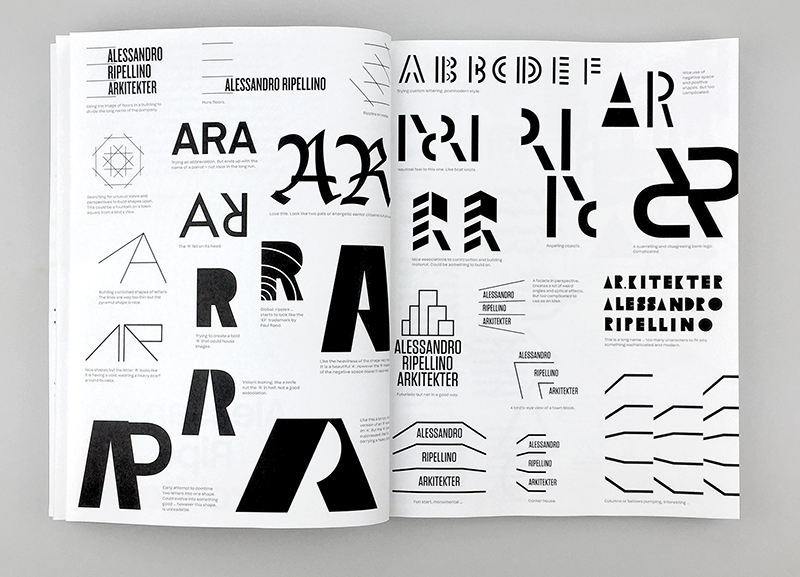
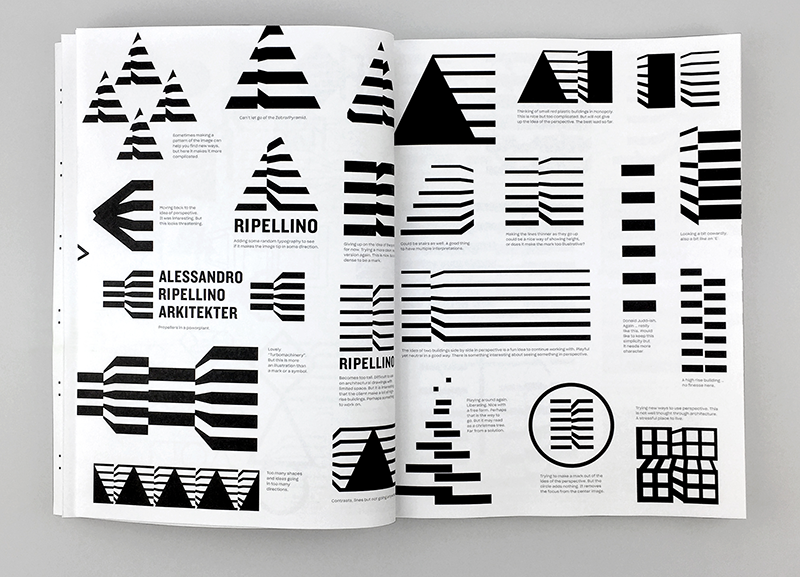
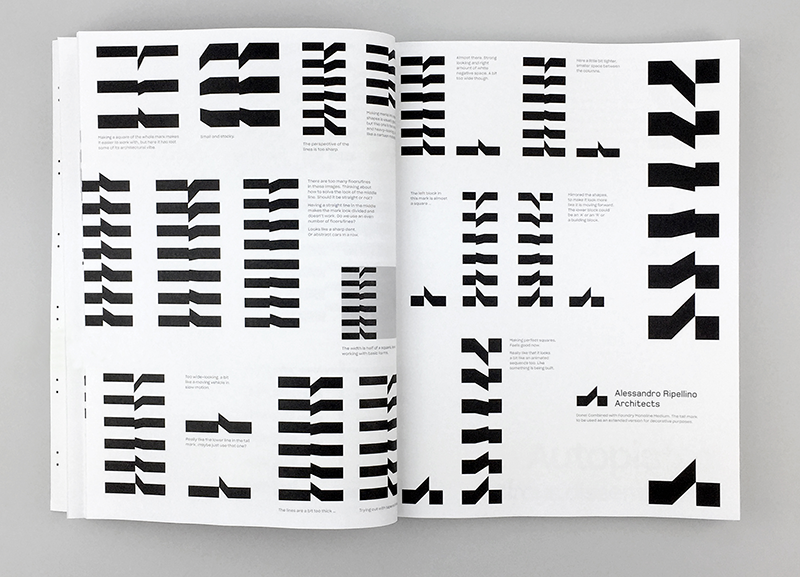
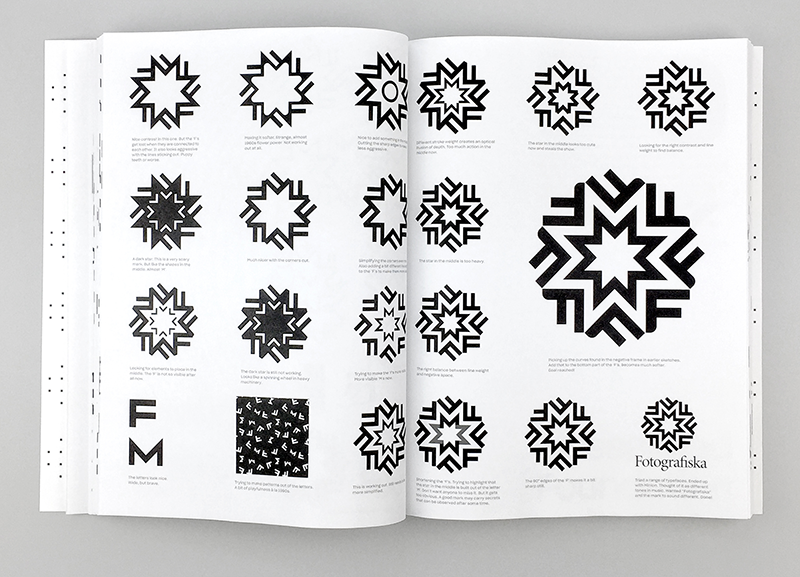
Observed
View all
Observed
By Jonas Banker & Ida Wessel
Related Posts
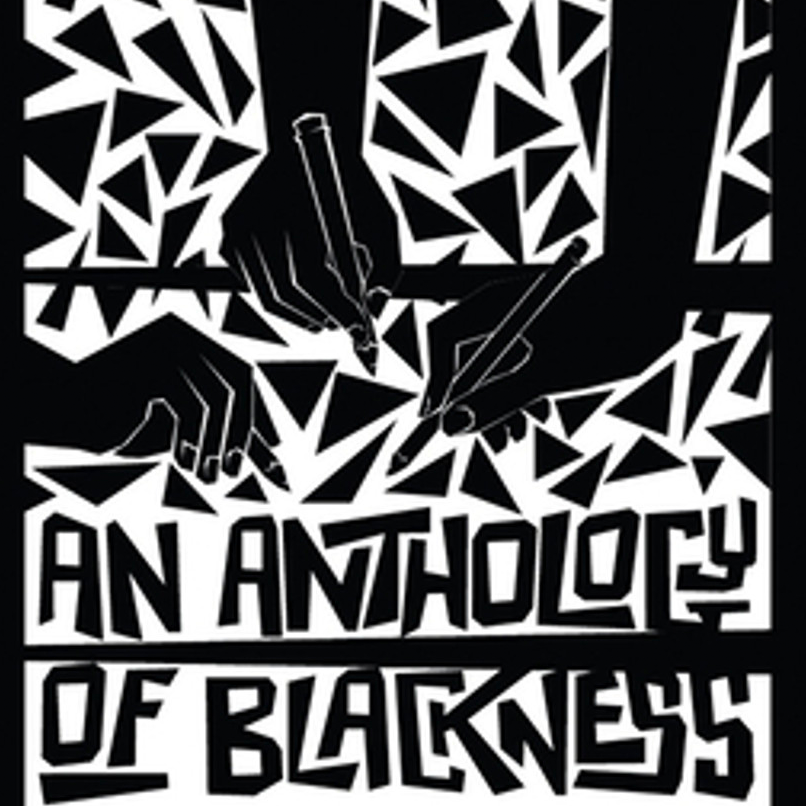
Books
Jennifer White-Johnson|Books
Amplifying Accessibility and Abolishing Ableism: Designing to Embolden Black Disability Visual Culture
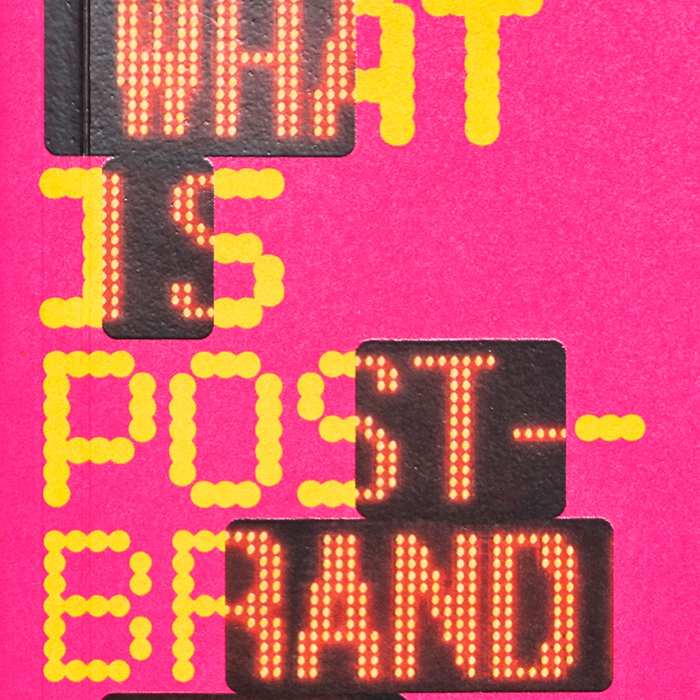
Books
Adrian Shaughnessy|Books
What is Post-Branding: The Never Ending Race
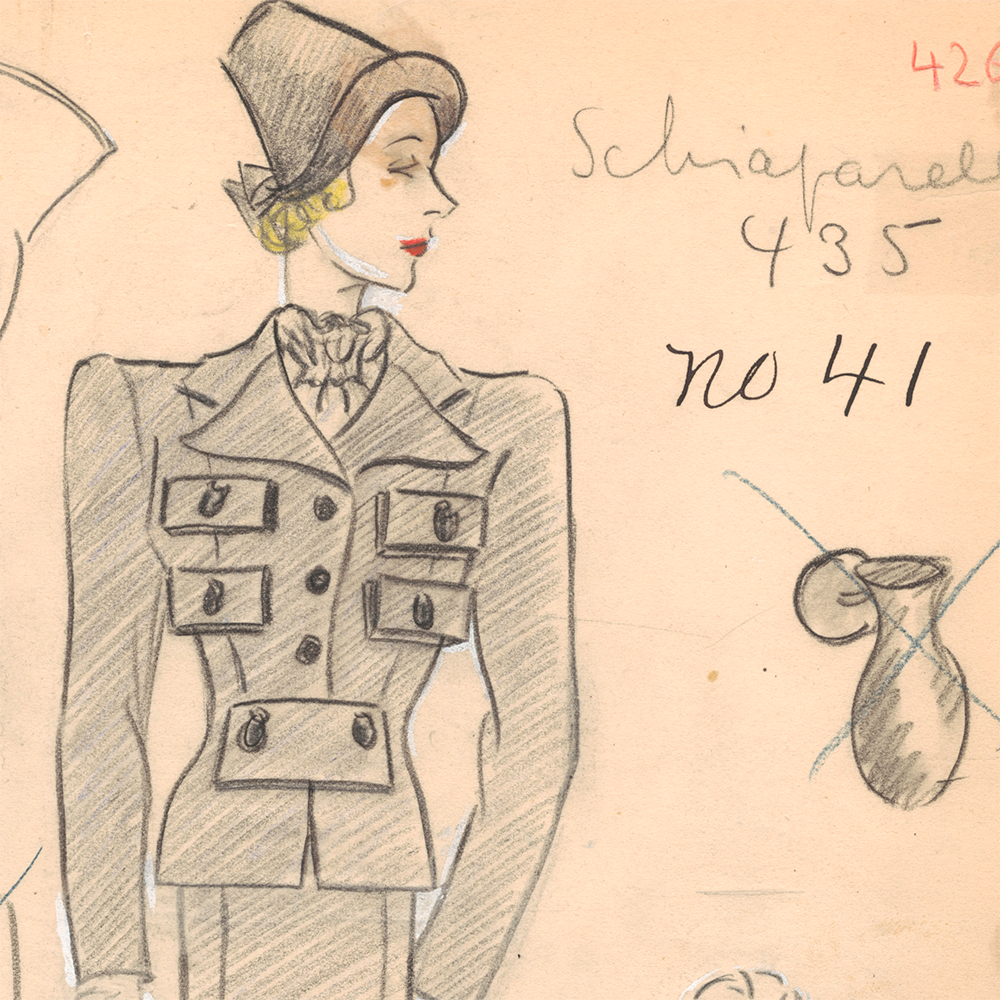
Arts + Culture
Hannah Carlson|Books
Schiaparelli’s Pockets
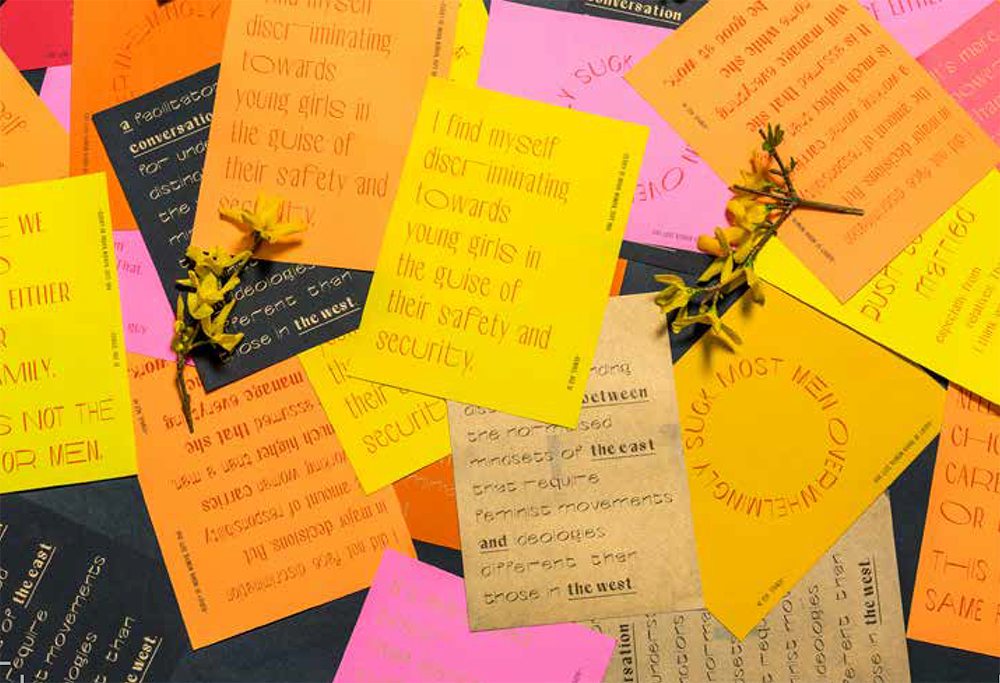
Books
Alison Place|Books
On Fighting the Typatriarchy
Recent Posts
‘The creativity just blooms’: “Sing Sing” production designer Ruta Kiskyte on making art with formerly incarcerated cast in a decommissioned prison ‘The American public needs us now more than ever’: Government designers steel for regime change Gratitude? HARD PASSL’Oreal Thompson Payton|Interviews
Cheryl Durst on design, diversity, and defining her own pathRelated Posts

Books
Jennifer White-Johnson|Books
Amplifying Accessibility and Abolishing Ableism: Designing to Embolden Black Disability Visual Culture

Books
Adrian Shaughnessy|Books
What is Post-Branding: The Never Ending Race

Arts + Culture
Hannah Carlson|Books
Schiaparelli’s Pockets

Books
Alison Place|Books
